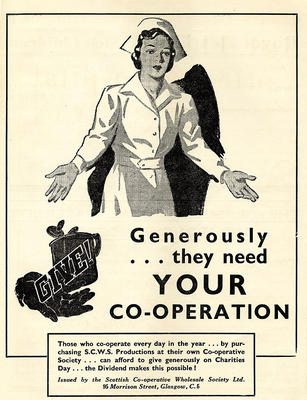"the ballot in our hand"
posted by k

How do we make our votes count?
The question has been raised in a letter in today's Observer which calls for a referendum on proportional representation. Suddenly a new voting system, which has been resisted by parties in power, seems likely.
There are many kinds of proportional representation. In some voters choose a party and leave it to that party to decide which candidates enter parliament. It seems to me to put too much power in the hands of the party.
The system I prefer, which has the unwieldy name of "single transferable vote in multi-member constituencies" has a key advantage: voters put candidates in order of preference. The voter chooses individuals rather than parties and can choose a selection of candidates on their individual merits. It gives the voter a chance to vote against trends in a party and encourages MPs to advance individual manifestos and engage with voters. MPs elected under this system have the authority to be more than lobby-fodder. While parties are likely to continue, they will be weaker and there's more space for independents. Debates in the House of Commons would be genuine debates and an attempt to change people's minds rather than an opportunity to provide soundbites for the next news broadcast. MPs might even turn up to listen as well as to speak. The disadvantage is that constituencies would be larger: perhaps five times the size of current constituencies but with five MPs. However, constituents are much more likely to find at least one MP that represents their views.
Single transferable vote also requires voters to think more - surely a good idea.

How do we make our votes count?
The question has been raised in a letter in today's Observer which calls for a referendum on proportional representation. Suddenly a new voting system, which has been resisted by parties in power, seems likely.
There are many kinds of proportional representation. In some voters choose a party and leave it to that party to decide which candidates enter parliament. It seems to me to put too much power in the hands of the party.
The system I prefer, which has the unwieldy name of "single transferable vote in multi-member constituencies" has a key advantage: voters put candidates in order of preference. The voter chooses individuals rather than parties and can choose a selection of candidates on their individual merits. It gives the voter a chance to vote against trends in a party and encourages MPs to advance individual manifestos and engage with voters. MPs elected under this system have the authority to be more than lobby-fodder. While parties are likely to continue, they will be weaker and there's more space for independents. Debates in the House of Commons would be genuine debates and an attempt to change people's minds rather than an opportunity to provide soundbites for the next news broadcast. MPs might even turn up to listen as well as to speak. The disadvantage is that constituencies would be larger: perhaps five times the size of current constituencies but with five MPs. However, constituents are much more likely to find at least one MP that represents their views.
Single transferable vote also requires voters to think more - surely a good idea.
Labels: democracy, election, MP, parliament, proportional representation, vote







